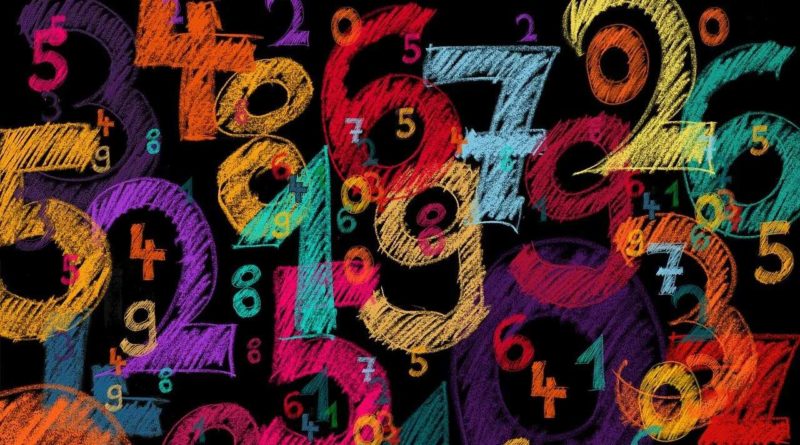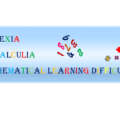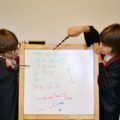Learning Maths: Individual Approach
The individual approach is the most effective one when teaching mathematics. Let’s admit that a class of 30 kids of different abilities cannot be taught a subject well. Moreover, according to a recent survey conducted by the Department for Education, more teachers than ever are quitting their jobs. Children are often left to the care of teaching assistants who are not qualified to teach maths to the required standard.
Unfortunately, the inability of schools to provide individual help to a child is often interpreted as the failure of the child. There is a persistent belief in our society that some people are, by nature, bad at numbers. This is not true, and cannot be used to justify the poor attainment of a child. With an appropriate methodology, numeracy is very easy to teach. All children are able to grasp the concepts underlying our numerical system, and after that normally progress very quickly. There should be no excuse for being bad at numbers.
Numeracy is an essential life-skill, and any struggling child should be entitled to individual help. What is true, is that many children are bored by numbers, and even the most able children can fall into this category. I remember one particular “underachieving” student who was totally lethargic in front of questions on calculations, but brilliant at solving logical problems which were much above the level of maths required at her school.
In my experience, children make the best progress if they are allowed to work at their own pace. Some children can fly through the programme, while others need more time and a great deal of repetitive work in order to master a topic. The age or the school year of a child is irrelevant. With many children, if we want to succeed, we need to go slow to go fast.








Maths is probably the single most important subject there is and opens up a wide possible number of well paid careers